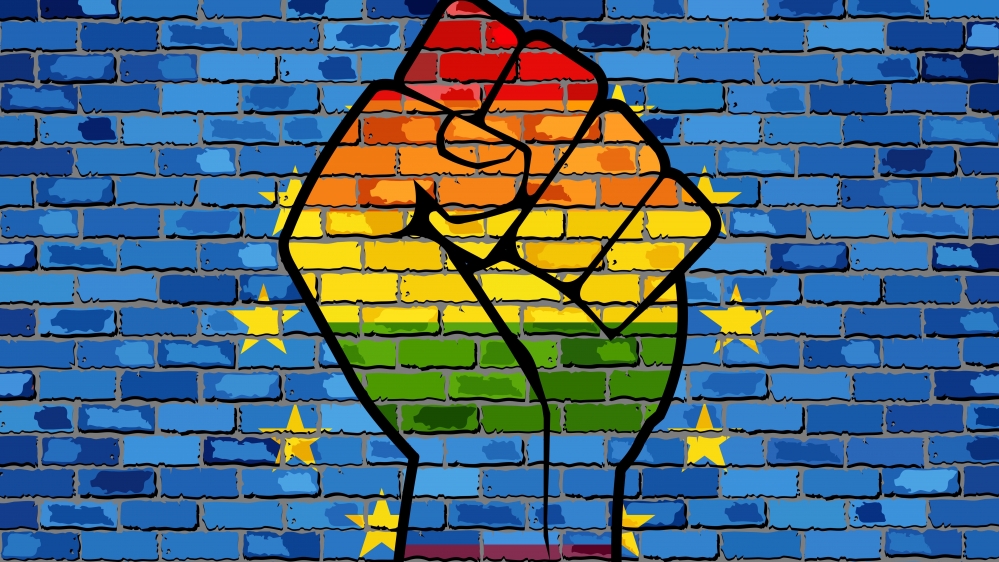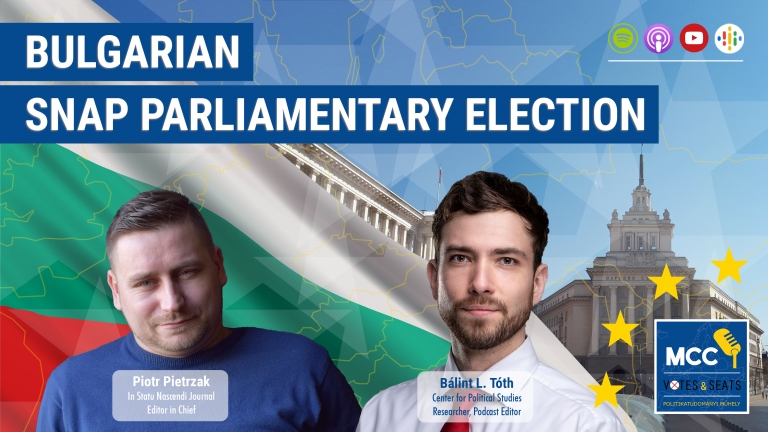The Commission’s press release listing the legal basis on which it grounds the infringement against Hungary and Poland raises relevant legal questions (on the basis of the limited information currently at our disposal).
- In the first place two important omissions. Nowhere does the Commission mention two key articles in this dispute: Article 165 TFEU (content of education is a national competence) and article 14.3 of the EU Charter (right of parent to educate according to their beliefs). The absence of the first might be the Commission’s tacit admission that education related aspect of the Hungarian law do fall outside the EU’s scope of competences. But why is the second ignored while other articles of the Charter are highlighted in the legal reasoning? One of the most salient legal matter is to counterbalance the right of parents against non-discrimination on sexual orientation. Yet, the first part of this question is ignored.
- Let’s turn to article 34 TFEU on free movement of goods, the legal basis picked to address the book disclaimer on family models differing from the traditional one. This article applies to restrictions “between Member States”, not to trade within one country only. Are the books at stake published and produced in Hungary only, or are they imported from other Member States? Another question: is the disclaimer disproportionate and therefore contrary to article 34? Within the abundant ECJ’s case-law on free movement of goods, informative labelling (as opposed to a prohibition) is the classic solution to apply the exceptions provided by the Treaty and case-law in a proportionate fashion. In this case, why does the Commission consider it forthright a restriction, maybe because it believes the objective pursued by the Hungarian government cannot be justified on any ground? The very wording of the press release suggests so, what Brussels berates Budapest for is not providing “any justification as to why exposure of children to LGBTIQ content would be detrimental to their well-being or not in line with the best interests of the child”.
- In the same vein, article 56 TFEU (freedom to provide services) is also part of the legal arsenal. The Commission claims Hungary fails “to demonstrate that the restrictions are duly justified, non-discriminatory, and proportionate”. I ignore the details of the Commission’s thinking and even less how the Hungarian Government plans to implement its own legislation. But using a legal base that is largely unrelated to the centre of gravity of the law is striking. Some decades ago, the ECJ changed its own case-law on free movement of goods (a rare U-turn, the famous Keck and Mithouard case) to avoid turning this provision into a catch-all legal basis and a vector of abusive litigation. Yet, no correction of that kind occurred in the field of services and the scope of application of this legal basis is therefore very broad. To the point of (ab)using it as a mean to pursue a totally different aim?
- As pointed out above, the core of the legal dispute is Hungary failing to explain why it is detrimental to expose children to LGBTQ content. The Commission enjoys the procedural exorbitant benefit of framing the debate in this specific direction, which much conditions the dispute. Will Hungary be in a position to ask why it is beneficial to do so, or why is it harmful to promote the traditional model of family? Maybe while pleading in front of the ECJ, but it is for the Commission to frame the legal dispute in the administrative phase. And it already did.
- According to the Commission, Poland infringed the principle of loyal cooperation for failing to providing the necessary information to assess whether the declaration of LGBTI free zones are at odds with EU law or not. Those zones mostly consist of statements adopted by local councils. Still, the Commission took the initiative to ascertain whether it finds a legal hook with EU law, no matter how remote it might be. A risky business. Why does the Commission intervene in that matter and not in others? Why not the same zeal regarding, for example, the countless local resolutions adopted in Western Europe support boycott, disinvestment and sanctions against (BDS) Israel, for example? There were a few… The Commission would blithely find a hook, in this and a bunch of other cases, if it only wanted too.
It if wanted too… it all boils down to that question and this is precisely the problem. A sheer range of dormant legal basis combined with a large discretion to activate them under the infringement procedure is a good recipe for arbitrariness. As recently put in The Economist regarding the application of the Audiovisual Media Directive to the present case “A law primarily designed to ensure European television channels are not swamped with American imports found itself being used to stop a Hungarian education law”.
This sentence says it all about the Commission’s legal tactics and its exorbitant discretion to pick political battles and apply unrelated legal basis to fight them. Ignoring both the letter and spirit of the principle of conferral of competences leads to blurring the lines between law…and politics. Between law and arbitrariness.
Cover photo: shutterstock.










